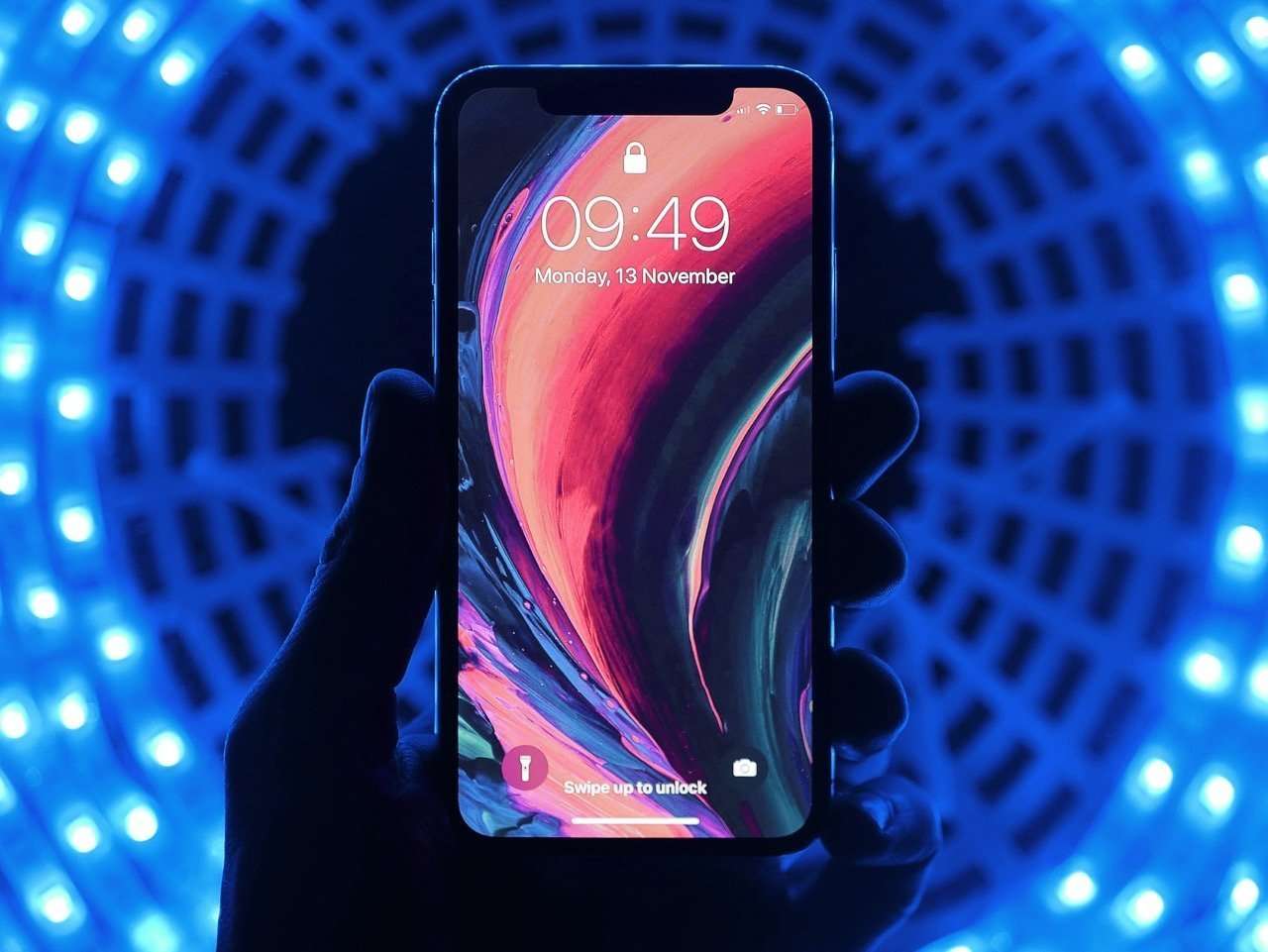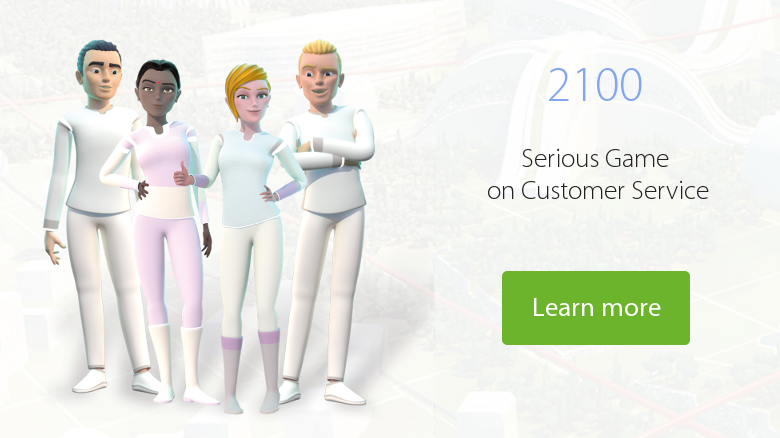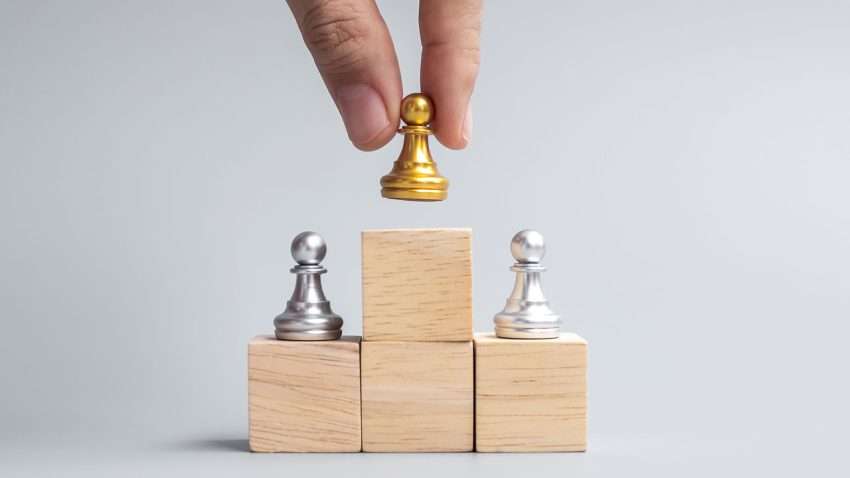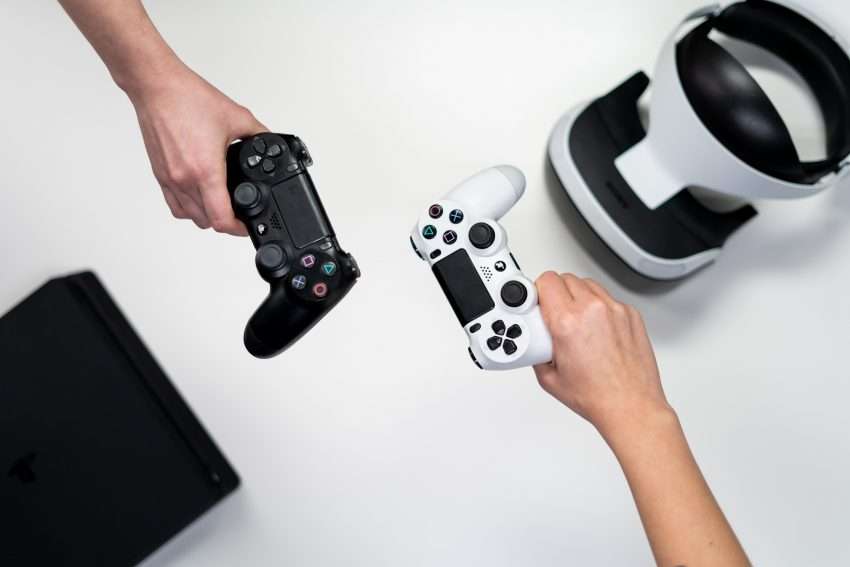Phone House is one of the most recognizable retailers of electronics, mobile devices, ADSL networks, TV and other telecommunications services. It has over 2,400 stores in eight countries in Europe and around 10,000 employees. For this kind of company, which is in direct contact with shoppers every day, good in-store customer service is crucial for maintaining a healthy business. In a challenging and ever-changing industry, with new competitors and technologies cropping up each month, Phone House has always been committed to having a customer-centric company strategy as a competitive advantage that helps it stand out from the rest.
The challenge: to implement a specific sales approach in its over 500 stores
One of company’s biggest challenges was to change the culture in the organization and make employees more aware of how important customers are. Phone House wanted store managers and staff to be aware of the consequences of each of their actions with customers. Therefore, the challenge was to send a strong message that penetrated the organization and reinforced the habits of its nearly 1,000 employees in its more than 500 stores in Spain. The other major objective was to ensure that staff understood Phone House’s sales approach and that the protocols in place were applicable to the day-to-day operations. The company has a set of specific customer service policies (e.g., on greetings, closing a sale, product returns) that it wants to reinforce in all its establishments. It also wanted to provide store employees with data on the myriad and complex products it sells (e.g. phone rates, device brands, latest technological breakthroughs).
The solution: customize 2100, Serious Game on Customer Service
In previous years, Phone House has successfully implemented other game-based learning programs. Based in its positive experiences, the company has chosen another serious game, the futuristic 2100, to tackle these challenges.
This solution provides at least four advantages to Phone House:
- Customization. The company introduced all content it considered advisable within the video game, such as theoretical lessons for employees and, above all, simulations representing real situations of the problems and questions arising in Phone House stores. This not only allowed workers to identify with the video game (the company’s own logo and name appeared), but more importantly it became the ideal platform for conveying the company’s protocols and specific sales approach to employees.
- Maximum availability. Since the only requirement to play the game is an internet connection, employees could play on their PCs, tablets or cell phones (no installation of software needed) and complete the training at anytime from anywhere. This allowed all Phone House store managers, who were hundreds of kilometers apart, to do the training, resulting in considerable cost savings for the company.

- “Learning by doing”. In particular, Phone House managers wanted the training to be embraced by their teams, as a means of creating new habits among employees. Workers were aware of many of the rules and protocols that the company wanted to implement. They simply did not put them into practice. Thanks to the 2100 simulator, the video game ensured practice from the outset, guaranteeing that employees not only read the concepts and information related to products, but that they also acted out and practiced what they learned.
- An entertaining and innovative experience. Phone House is renowned for its commitment to innovation and technology. That is why use of a serious game such as 2100 helped sustain and reinforce these corporate principles, enabling staff members to learn in a way that was both fun and different.
Results: increased sales and higher net promoter scores
The company’s training and development leaders consider training with the 2100 video game to be a “huge success.” Acquiring new customer service skills helped the stores that took part in the training to achieve 4% higher sales between January and April 2017 than those that did not.
The company also noted a change in culture among employees and significant strides in enhancing customer experience. Indeed, in just seven months, the net promoter score (NPS) improved by 12.8%. The stores that played 2100 has obtained better ratings in mystery shopping reports. All these numbers indicate a successful training, enabling Phone House to
become customer-centric.






